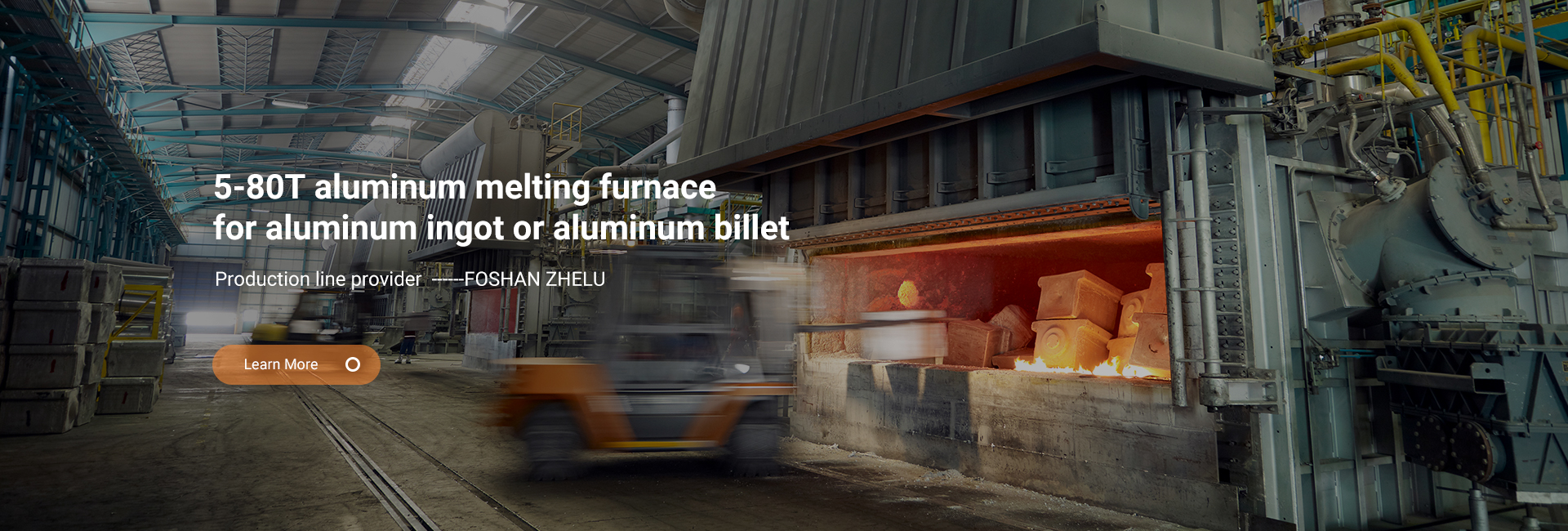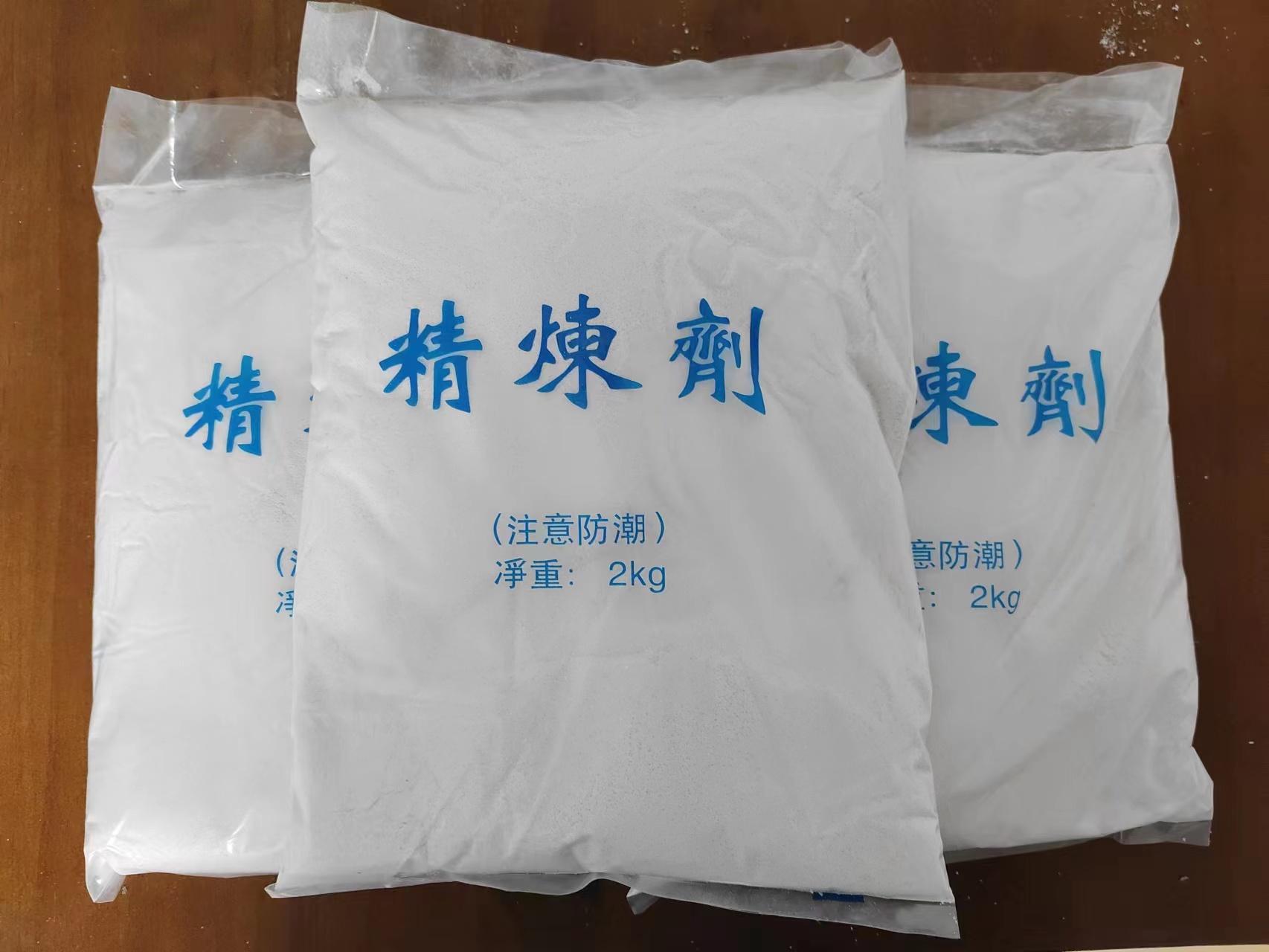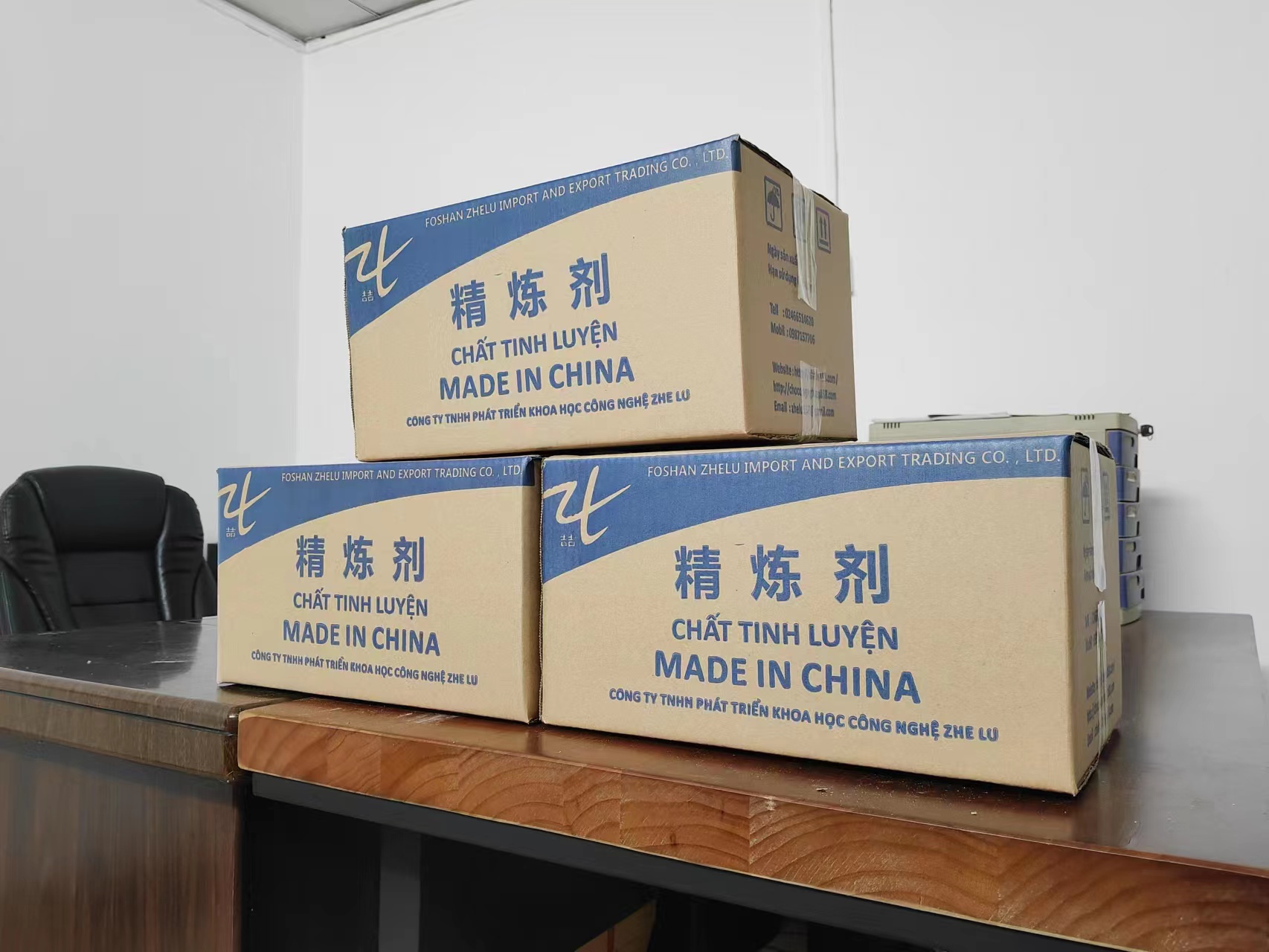An aluminum refining agent, also known as a flux, is a crucial component in the process of refining aluminum. It plays a vital role in purifying the molten aluminum and removing impurities to enhance the quality of the final product.
The primary objective of an aluminum refining agent is to facilitate the removal of various impurities present in the aluminum, such as magnesium, silicon, and other metal contaminants. These impurities can negatively impact the mechanical properties, appearance, and overall performance of the aluminum.
Aluminum refining agents are typically composed of a mixture of salts and fluoride compounds. The selection of specific compounds depends on the impurities present and the desired outcome of the refining process. Commonly used compounds include cryolite (Na3AlF6), fluorspar (CaF2), alumina (Al2O3), and various salts.
When the aluminum refining agent is introduced into the molten aluminum, it forms a layer of slag on the surface. The slag acts as a protective barrier between the molten metal and the surrounding atmosphere. This barrier serves multiple purposes. Firstly, it prevents the aluminum from coming into contact with oxygen, thereby reducing the likelihood of oxidation. Additionally, the slag layer promotes the separation of impurities from the molten aluminum, allowing them to be easily removed.
The refining process involves carefully controlling the temperature and composition of the molten aluminum to optimize the effectiveness of the aluminum refining agent. As the impurities react with the flux, they form compounds that have higher melting points than the molten aluminum. Consequently, these compounds sink to the bottom of the crucible or float to the top as dross, making it easier to separate them from the purified aluminum.
The amount of aluminum refining agent required depends on various factors, such as the composition and quantity of impurities, the desired level of purity, and the specific refining method employed. It is essential to strike a balance between using an adequate amount of flux to achieve effective purification while minimizing costs.
The successful application of an aluminum refining agent results in a purified aluminum with enhanced mechanical properties, improved surface finish, and reduced susceptibility to defects. The refined aluminum can then be used in a wide range of industries, including automotive, aerospace, construction, packaging, and electrical.
In summary, an aluminum refining agent is an indispensable component in the aluminum refining process. It enables the removal of impurities, enhances the quality of the final product, and ensures the aluminum meets the required standards for its intended applications.
Post time: Jun-29-2023







